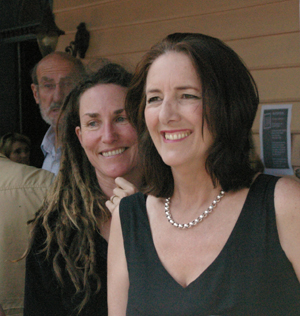
All the audio from the The Fickle Brat cd is now available for purchase on iTunes. You can download individual poems (aka 'songs') or the whole collection (aka 'album'). Very useful I think for those just wanting a few poems, or wanting to give poems or the collection as a gift (you can gift through iTunes - you pay and the recipient gets an email saying 'Sharon has gifted you...').
If you want the physical cd, go to IP Digital - here you get the audio plus extended text (ie text of all the recorded poems and additional poems in text form).
Happy listening!


